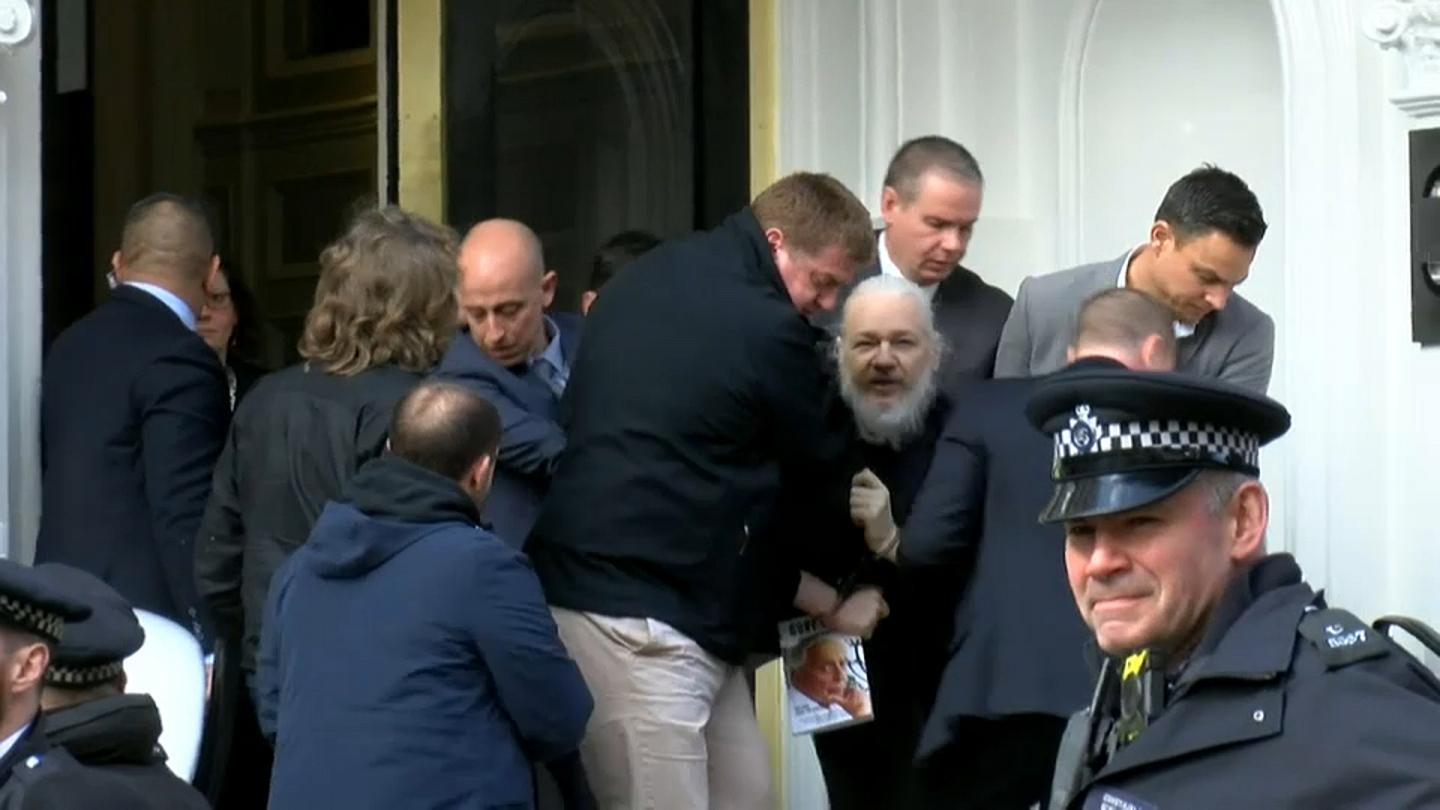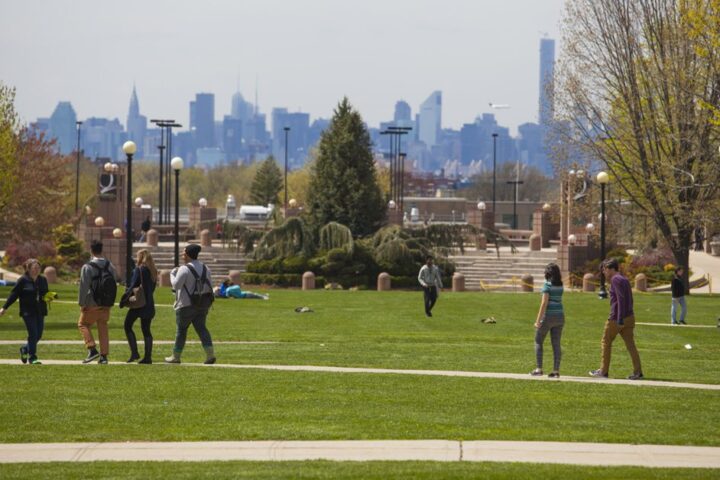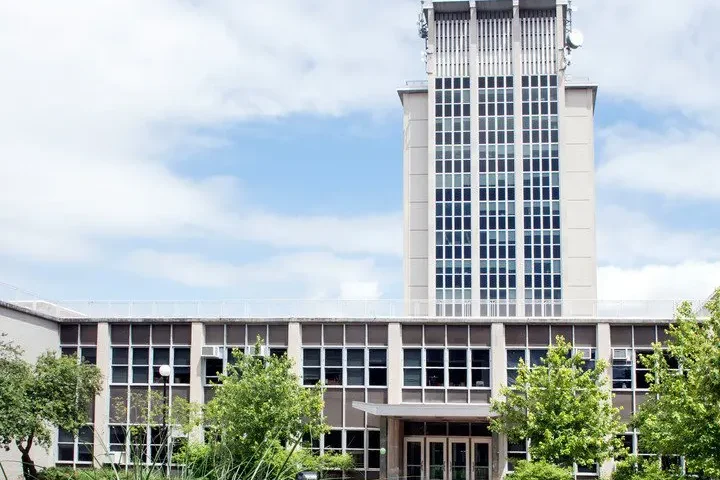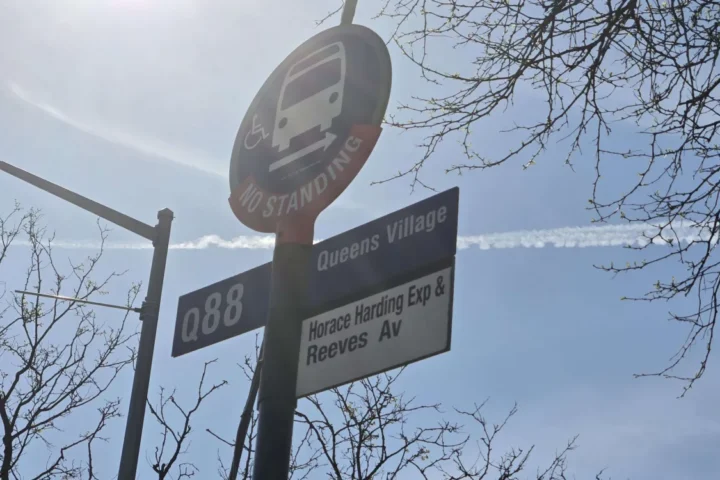On Thursday, April 11, Julian Assange was apprehended by Metropolitan Police in London under a warrant from the U.S. Government. Assange did not go peacefully as he was dragged forcefully out of the Ecuadorian embassy, screaming and shouting obscenities at police officers.
Assange was granted asylum by the government of Ecuador in 2012, which was revoked 24 hours before his arrest. Assange self-exiled himself to the embassy for seven years, much to the embarrassment of British authorities. His presence at the embassy demanded ‘round the clock’ surveillance, costing British taxpayers millions of pounds.
Later that same day, Assange appeared in Westminster Magistrates’ Court, where he was instantly found guilty of violating the terms and conditions of his bail in 2012 and breaching U.S. international law. The hacker insisted that he had a reasonable excuse for not appearing in court seven years prior but the authorities were not buying it.
“Mr. Assange’s behavior is that of a narcissist who cannot get beyond his own selfish interests,” said District Judge Michael Snow via the AP. “He hasn’t come close to establishing ‘reasonable excuse.’”
Mr. Assange’s journey began in 2010, when he conspired with military intelligence analyst Chelsea Manning to steal classified documents relating to the conflicts in Iraq and Afghanistan. The reports were published on the site WikiLeaks, which Assange co-founded and were also published in several major newspapers. Sweden issued a warrant for Assange’s arrest on sexual assault charges that same year and he vehemently denied them. He was to be extradited to face criminal persecution in Sweden and while on bail in the U.K., he fled and was offered asylum by Ecuadorian president Rafael Correa.
Assange has often used the Ecuadorian embassy in London as a platform to further his interests. He was known to give speeches to hundreds of reporters on the balcony of the embassy, in full view of British authorities. Many have speculated as to why the embassy removed Assange. Ecuadorian officials have come forth and officially stated that Assange was poorly behaved and frequently broke the rules that the ambassador had put in place for him. Minister Maria Paula Romo said that Assange’s mental state began to deteriorate over the seven years that he was living in the embassy and he began to act aggressively toward other people. He even smeared his feces on the walls of the embassy.
“When you’re given shelter, cared for and provided food, you don’t denounce the owner of the house,” said President Moreno to applause at an event outside Quito via the AP. “From now on we’ll be more careful in giving asylum to people who are really worth it and not miserable hackers whose only goal is to destabilize governments, we are tolerant, calm people, but we’re not stupid.”
Other Ecuadorian officials have come forth and stated that affiliates of WikiLeaks were spying on the country in an attempt to destabilize the government.
Despite this, President Moreno requested that Assange not be extradited to the U.S. for fear that he would suffer torture or the death penalty.
“In line with our strong commitment to human rights and international law, I requested Great Britain to guarantee that Mr. Assange would not be extradited to a country where he could face torture or the death penalty,” Moreno said via the AP. “The British government has confirmed it in writing, in accordance with its own rules.”














